Step into a world where your home serves as more than just a living space; it’s a sanctuary for health and well-being. Medicinal indoor plants offer a unique blend of aesthetic appeal and therapeutic benefits, transforming your home into a haven of tranquility and wellness. This post will guide you through a curated list of the best medicinal indoor plants, detailing their uses and care requirements. So, whether you’re a seasoned gardener or a complete novice, prepare to discover how you can elevate your home’s atmosphere while also taking steps toward a healthier lifestyle.
Contents
Why Choose Medicinal Indoor Plants?
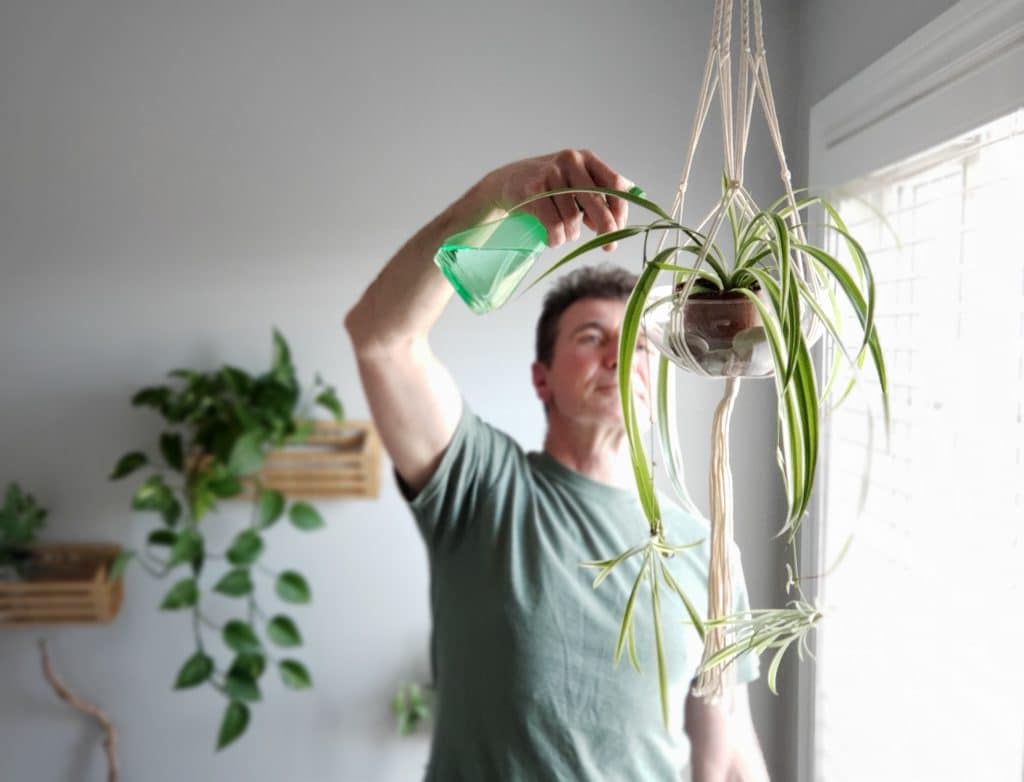
The allure of medicinal indoor plants goes beyond their aesthetic appeal. These green companions are powerhouses when it comes to purifying the air. Plants like the Snake Plant and Aloe Vera are known for their ability to filter out harmful toxins, providing you with a cleaner, fresher living environment. This is particularly beneficial for those who live in urban areas where air pollution is a concern.
But it’s not just about cleaner air; these plants also offer therapeutic benefits. For instance, the calming scent of Lavender can help alleviate stress and improve sleep quality. Similarly, the Peppermint plant is not just a culinary delight but also a remedy for headaches and digestive issues. Easy to care for and versatile in their uses, medicinal indoor plants are a must-have for any home.
Aloe Vera
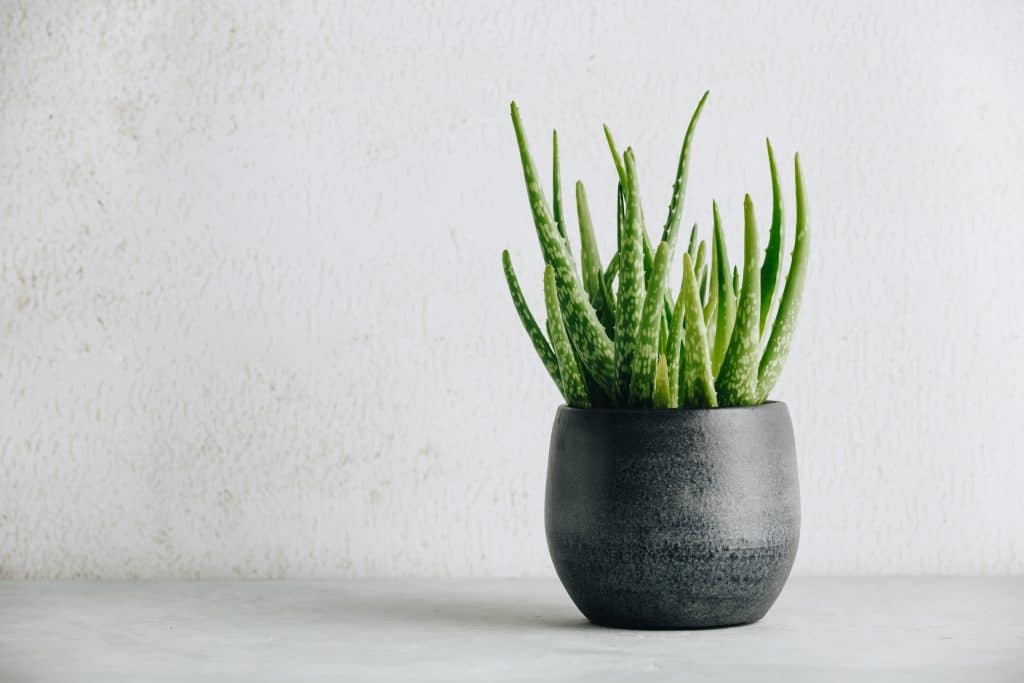
Aloe Vera is a succulent plant characterized by its thick, fleshy leaves filled with a gel-like substance. This gel is a treasure trove of medicinal properties. It’s commonly used for treating minor burns, cuts, and skin irritations. Simply cut open a leaf and apply the gel directly to the affected area for quick relief.
Caring for Aloe Vera is a breeze. The plant thrives in well-drained soil and requires minimal watering. Place it in a sunny spot, but avoid direct sunlight, as it can cause the leaves to turn brown. With minimal care, Aloe Vera can be a long-lasting member of your indoor garden, continually offering its healing benefits.
Lavender
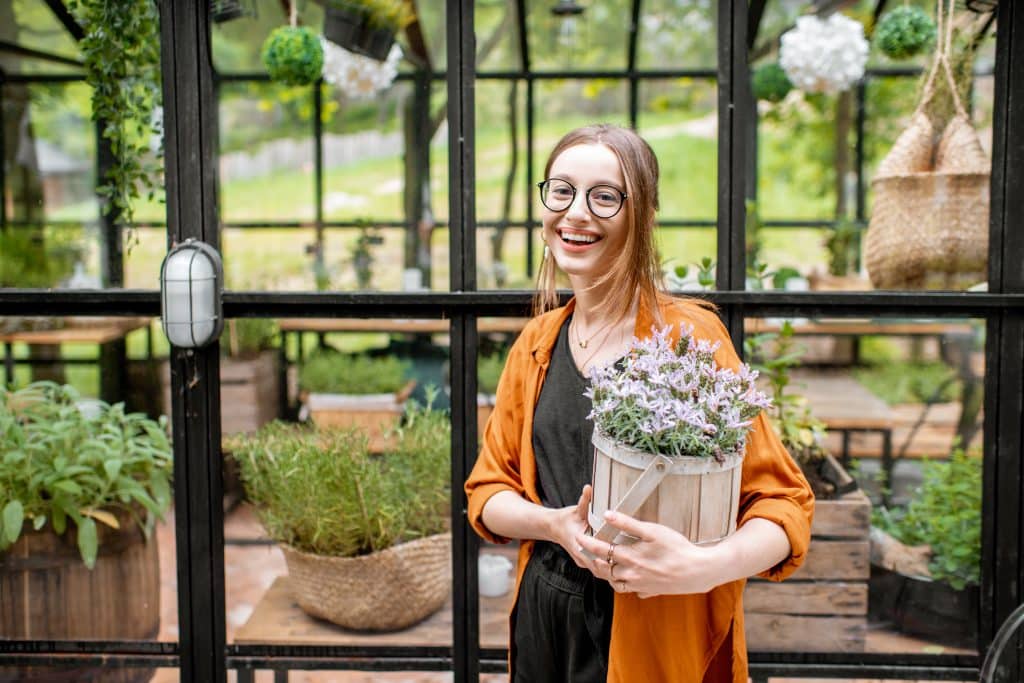
Lavender is a popular herb known for its beautiful purple flowers and soothing fragrance. The scent of Lavender has been proven to reduce stress and anxiety and even improve sleep quality. Many people keep a Lavender plant in their bedroom or make sachets to place under their pillows for a more restful night’s sleep.
When it comes to caring for Lavender, it’s essential to provide plenty of sunlight and well-drained soil. The plant prefers a sunny spot but can tolerate partial shade. Watering should be moderate; it’s better to let the soil dry out a bit between waterings. With the proper care, your Lavender plant will not only beautify your home but also contribute to your well-being.
Snake Plant
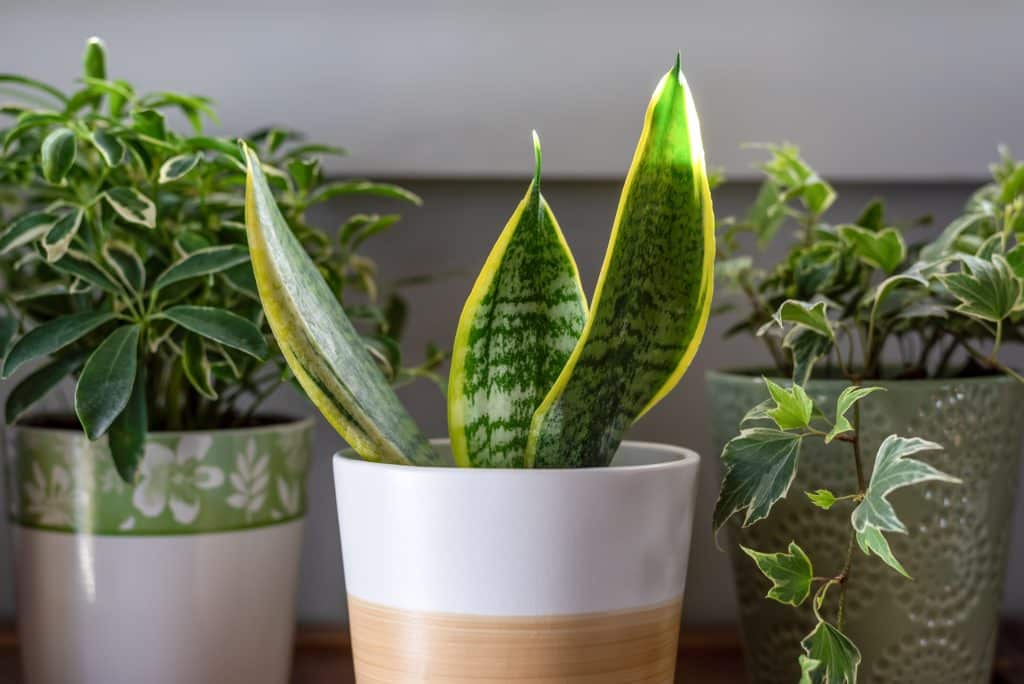
Known for its striking appearance, the Snake Plant features tall, upright leaves with unique patterns. But this plant is more than just a pretty face; it’s a powerhouse when it comes to air purification. The Snake Plant has the ability to perform photosynthesis at night, unlike most plants, which means it can convert CO2 into oxygen even when the sun is down.
Caring for a Snake Plant is incredibly easy, making it ideal for beginners or those with a less-than-green thumb. It’s highly tolerant of low light conditions and requires minimal watering. In fact, overwatering is the most common mistake people make with this plant. Place it in indirect sunlight and water sparingly, and the Snake Plant will thrive, enhancing both the beauty and air quality of your home.
Peppermint
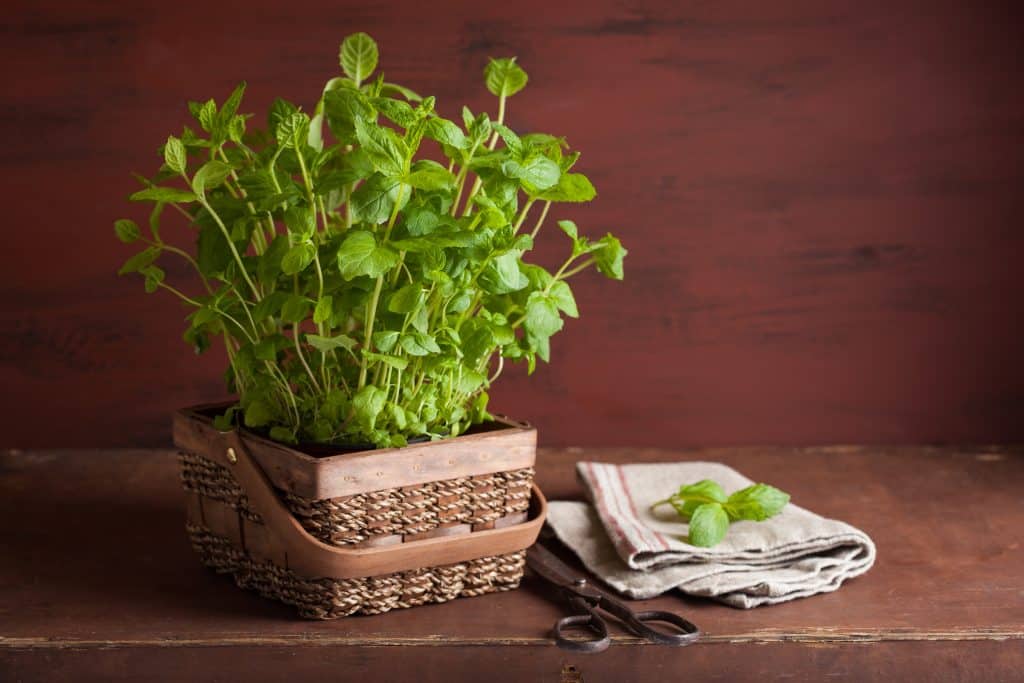
Peppermint plants are a delightful addition to any indoor garden, both for their aromatic leaves and their medicinal properties. The scent alone can invigorate your senses, but did you know that Peppermint also offers relief from headaches and digestive issues? A simple tea made from its leaves can work wonders for your well-being.
As for its care, Peppermint prefers well-drained soil and partial to full sunlight. It’s a relatively easy plant to maintain; however, it does like its soil to be kept moist. Regular harvesting of the leaves not only provides you with a constant supply of Peppermint but also encourages more robust growth.
Basil
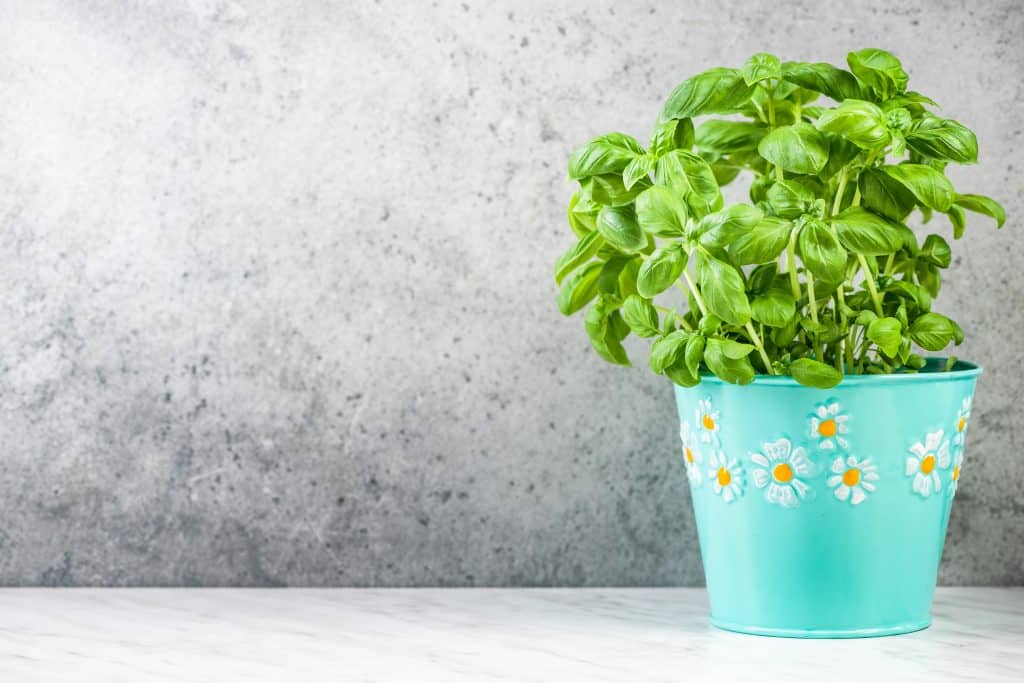
Basil is not just a staple in the kitchen; it’s also a medicinal herb with anti-inflammatory properties and a rich source of antioxidants. Whether you’re making a pasta sauce or seeking relief from minor aches, Basil serves multiple purposes. Additionally, the aromatic leaves can elevate the sensory experience of your indoor space, making it a dual-purpose plant that’s both functional and fragrant.
When it comes to growing Basil indoors, the plant requires plenty of sunlight and well-drained soil. It’s a bit more demanding in terms of care compared to other indoor plants on this list. Basil needs to be watered regularly but dislikes sitting in water, so make sure the pot has good drainage. Frequent pruning can also help the plant grow more vigorously, providing you with a bountiful harvest.
Chamomile
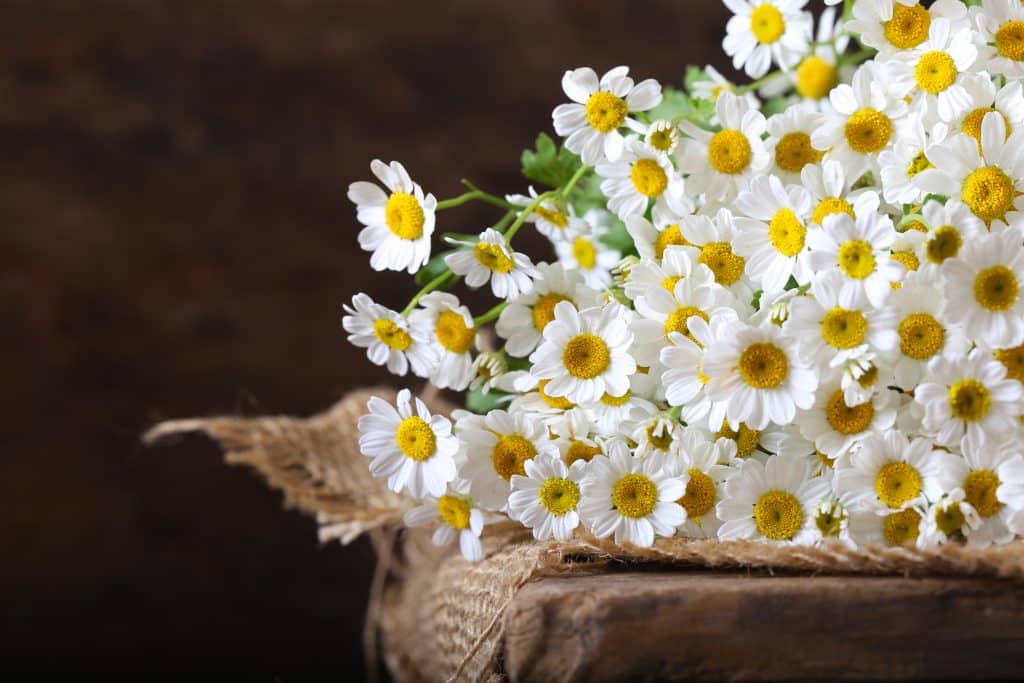
Chamomile is renowned for its calming effects. A cup of Chamomile tea before bed can significantly improve sleep quality. The plant itself, with its dainty white flowers and feathery leaves, adds a touch of serenity to your indoor space. Its gentle, apple-like scent can also serve as a natural air freshener for your home.
Caring for Chamomile is relatively straightforward. It prefers full sunlight but can tolerate partial shade. The soil should be well-drained, and the plant likes to be watered regularly. However, it’s important not to overwater, as this can lead to root rot. With consistent care, Chamomile can become a long-lasting member of your indoor garden, continually offering its soothing benefits.
Ginseng
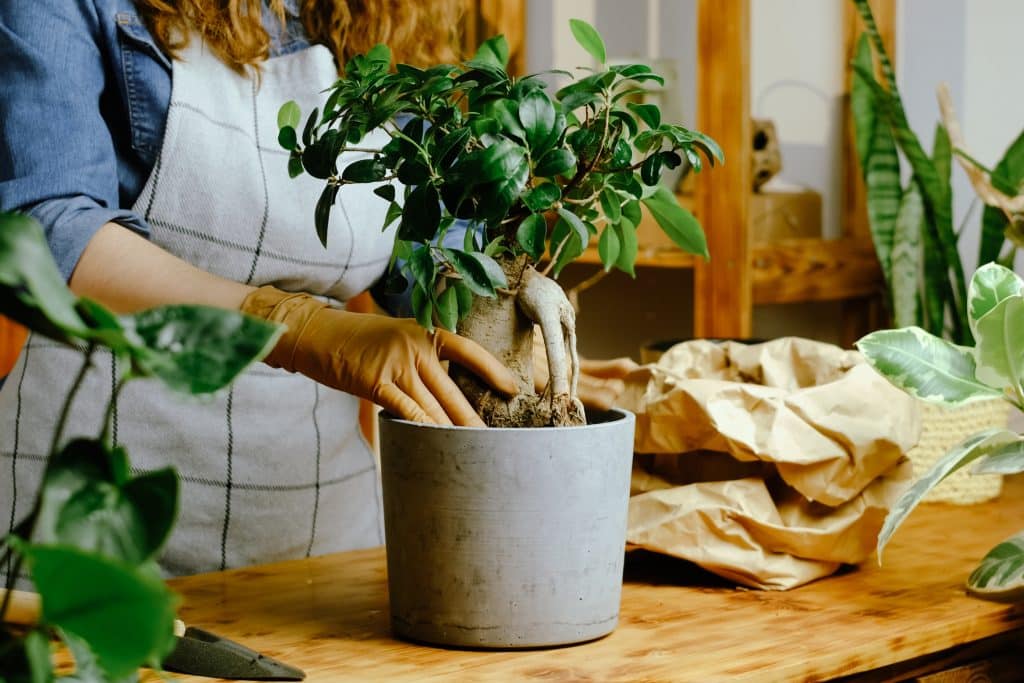
Ginseng is a revered plant in traditional medicine, known for its ability to boost energy levels and lower blood sugar. Its gnarled root is the part that’s commonly used, but the plant itself can also be a unique addition to your indoor garden. The leaves are also edible and can be used in salads or as a garnish, adding another layer of utility to this versatile plant.
Ginseng requires a bit more attention compared to other plants on this list. It prefers indirect sunlight and well-drained, sandy soil. Overwatering should be avoided, as Ginseng is susceptible to root rot. Despite its somewhat demanding care requirements, the health benefits it offers make it well worth the effort. A well-cared-for Ginseng plant can live for many years, making it a long-term investment in your health.
Unearth Your Path To Wellness!
Transforming your living space into a sanctuary of well-being is easier than you might think. With the right selection of medicinal indoor plants, you can purify the air, alleviate stress, and find natural remedies for common ailments. These green companions are more than just decorative; they’re your allies in cultivating a healthier, happier life. Take the first step toward a more holistic lifestyle today and enrich your home with these remarkable plants.



